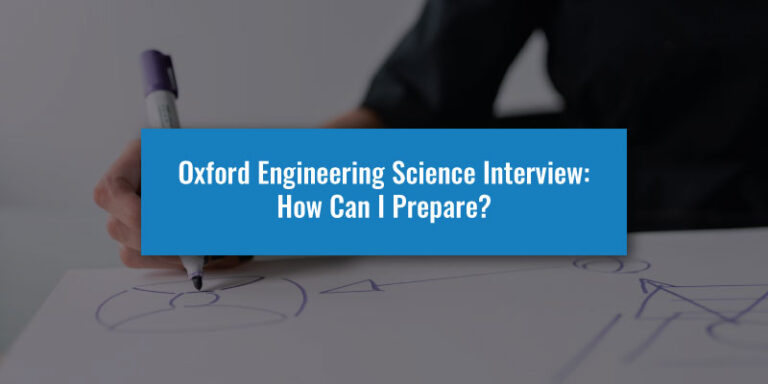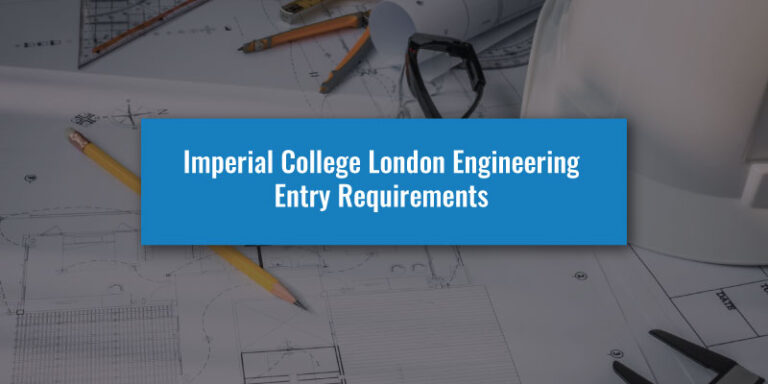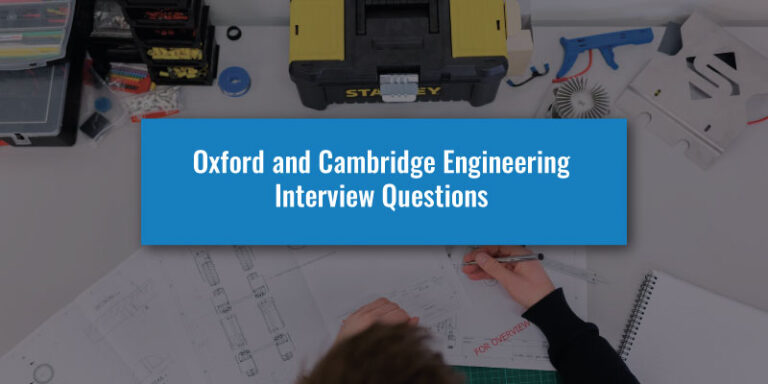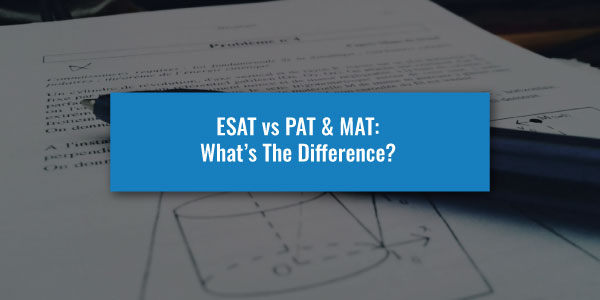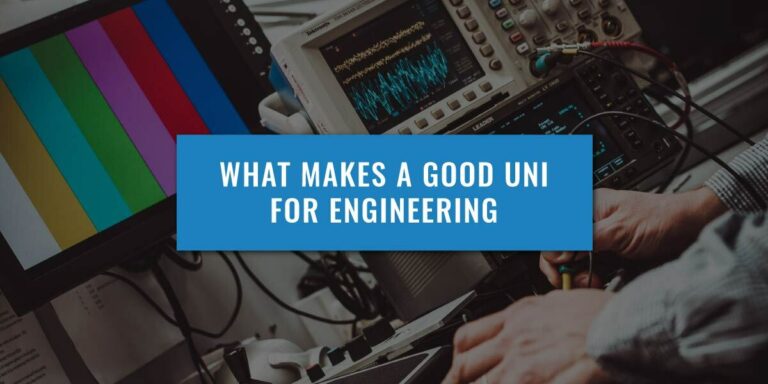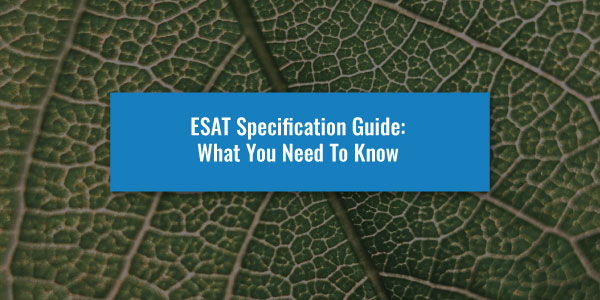If you are applying to study Engineering at a top university, getting accepted is highly competitive.
This is where work experience can come in.
It is an additional component to your application and can show off your dedication to the subject.
We discuss everything you need to know about Engineering work experience.
Why Should I Do Engineering Work Experience?
By doing work experience it gives you context for your academic studies and is an opportunity to learn and develop the key skills that employers regard as important.
Work experience will build your knowledge about a particular industry, job, or organisation, and help you decide if you are suited to a particular kind of work.
Use the opportunity to ask questions or advice from employees, and to network.
This can be a big advantage as many top universities have confirmed that they use Personal Statements that include extracurricular activities to distinguish students who have the same academic ability.
Having work experience helps Admissions Tutors understand more about you and shows that you have a real enthusiasm for the subject that you are hoping to study.
Early preparation is the key to a successful Oxbridge Engineering application.
How Can I Get Engineering Work Experience Before University?
Insight days and events tend to be aimed at sixth form students, and the Engineering industry does not seem to have insight days on the same scale as, say, companies in the banking and finance sector.
It is worth getting in touch with an institution relevant to your area of Engineering, e.g., the Institute of Structural Engineers or the Institute of Mechanical Engineers, to see what careers events they hold for Engineering students.
These events can be excellent places to network and, hopefully, wrangle yourself some work experience.
Some degrees that lead to being qualified for a profession or specific area of work, such as some branches of Engineering may expect students to have work experience.
Universities like to see applicants that have had some experience that demonstrates their interest in and suitability for a specific career.
They may also look for commercial awareness, where applicants have some understanding of how a business or profession operates on a daily basis and the reality of what it may be like to work in their chosen carer.
Charity work, volunteering and independent travel will also give you something interesting to talk about in your Personal Statement and at an Interview.
How Can I Get Engineering Work Experience Whilst At University?
Some degrees include a year in industry, with almost every Engineering course offering the option to have a year in industry for example.
Do keep in mind though that by having a year in industry will increase the length of your course, which could be as long as five years.
However, if your course does not offer this you may be able to arrange some. There are plenty of shorter-term options.
Summer internships usually last between six and ten weeks and some employers also offering shorter placements over Christmas and Easter breaks.
Placements will give you a sense of what life as a graduate Engineer is like and help you build skills that are relevant to graduate positions.
Picking up these transferable skills is essential and will go a long way to impressing future employers.
These include communication, listening, teamwork, adaptability, and in some cases leadership. The best part is every work experience or job opportunity gives you the chance to pick up these skills through the responsibilities you have.
Developing them will set you apart when it comes to future placements.
What Are The Kinds Of Work Experience I Can Do?
In an ideal world you would be able to walk into the perfect Engineering work placement, however they are not easy to come by.
There are three things you should consider when trying to source work experience:
You must be proactive – this means you need to put yourself out there. Simply searching for formal work experience opportunities is unlikely to be enough. Instead, you need to be forward and ask. Remember if you do not ask you do not get.
You will need to be resilient – you are likely to get more no-replies and polite knock backs than successes. Do not take this personally though as you push on.
Get to know the market – this involves researching the companies and their Engineers. Remember, if you can move or are willing to travel your chances will improve. In addition, it is important to look at all types of company, including smaller ones. Also be as direct as possible when making contact. This involves identifying the right person in the company you are reaching out to and finding out their contact details.
Small Engineering companies may not run formal schemes but can still be a good source of work experience. You could ask to shadow someone in an area or organisation that interests you for a couple of days, volunteer to come in on an unpaid work placement or look for paid, part-time work.
Do not turn your nose up at non-Engineering experience as it counts too. As long as you have done something worthwhile with your time that you can draw upon when discussing your background and skills.
Part-time work during university terms or holidays will help you develop communication and teamworking skills.
Helping to run university clubs and societies also offers the opportunity to develop skills and provide examples of these. For example, you might have led a team effectively, come up with innovative ideas and carried them through, solved problems or organised events.
Having a range of interests shows you are a multidimensional person who is enthusiastic, motivated and a likely asset.
Tips For Getting An Engineering Placement
Start planning your work experience from your first year of study
Do not just look at blue chip companies! Most employers looking for placement students only take applications from the beginning of your second year, but planning ahead is ideal.
Getting an industrial placement isn't automatic
Employers will view your application favourably if you combine good academic results (first year results do matter!) with evidence of career commitment. Have something on your CV that will attract interest.
Placement officers and the university careers service are the key starting points
The more people who know you are looking the more help you can get. There is always competition for advertised placements so apply your networking skills to look for alternatives.
If you really can only find a supermarket job, try to make more of it by asking for additional responsibility
Find out how the business is run and talk to managers. That way, you might be able to get a bit of work experience in a more relevant job function.
Try to arrange your own placement or work shadowing
Through contacts from your careers service or your university’s job shop. Year-long industrial placements and formal vacation programmes are the ideal, but there are never enough of the latter to go round.
Aiming for a career in Engineering after you graduate? We’ll help you secure your dream Engineering offer first.
Applying to Oxbridge is immensely competitive, and you must give yourself the best chance of success. We help you craft the perfect Personal Statement, achieve a highly competitive Admissions Test score and teach you how to Interview effectively – covering all areas of your Oxbridge application.
Discover our Oxbridge Engineering Premium Programme.

